Tuesday Feb 17, 2026
Tuesday Feb 17, 2026
Sunday, 5 July 2015 22:50 - - {{hitsCtrl.values.hits}}
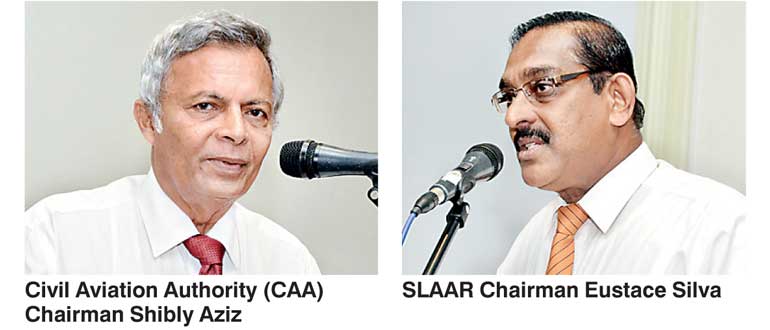
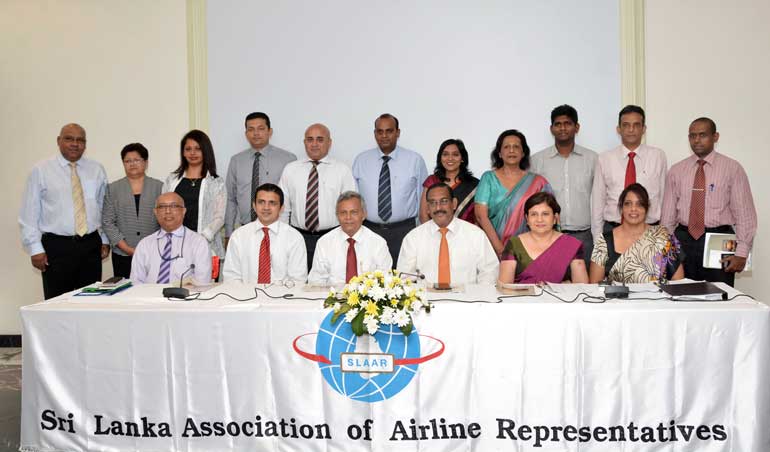
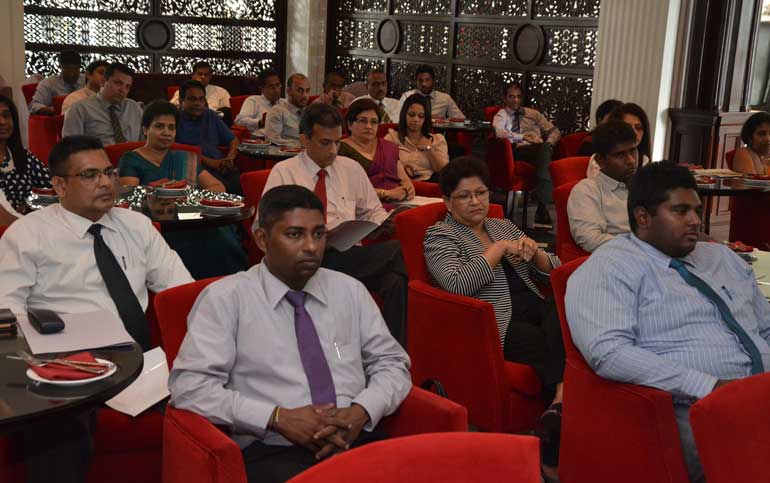
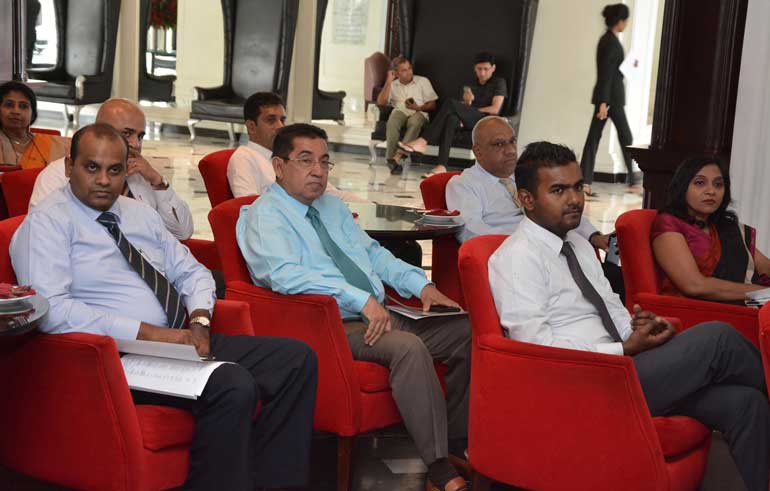
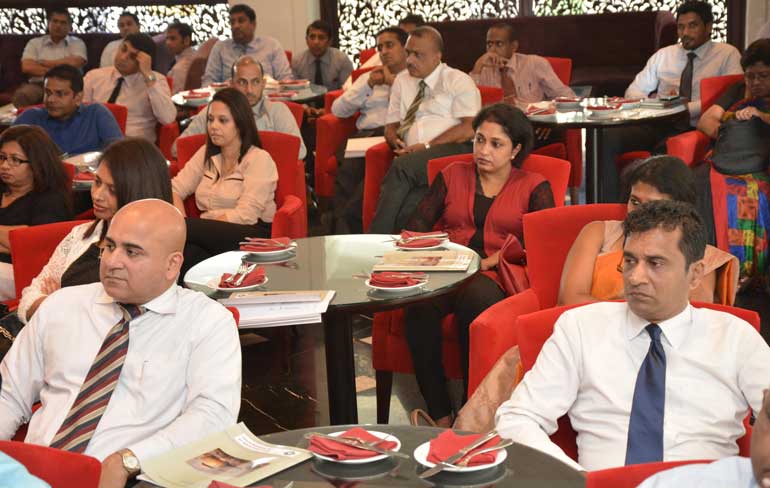
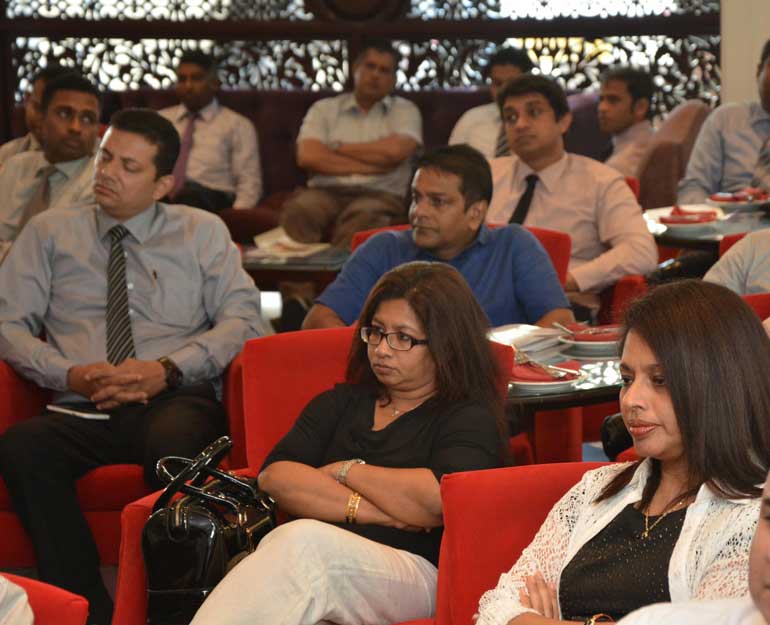
By Madushka Balasuriya
An airline hub and a visa-free complex are some of the ideas currently in the pipeline to better utilise the Mattala Rajapaksa International Airport (MRIA), according to the Chairman of the Civil Aviation Authority (CAA).
Shibly Aziz provided insight into the future plans for Sri Lanka’s second airport in his keynote address at the Annual General Assembly of the Sri Lanka Association of Airline Representatives (SLAAR) held in Colombo on Friday.
“The Airport and Aviation Services have developed a plan – which I think is achievable in 25 years time – to make the MRIA a huge visa free complex where tourists can come in, buy their stuff, and go off,” said Aziz, who is part of a committee tasked with assisting in the formulation of an aviation policy for Sri Lanka.
Addressing the General Sales Agents of various international airlines, Aziz also revealed plans to invite international airlines to use the MRIA as an Airline Hub, which will have ‘unstinted’ air traffic rights in and out of Mattala.
“We’re also looking into having aviation related industries in Mattala, similar to the Seletar Aerospace Park in Singapore and the Superior Aviation town in China. These are not aviation hubs in the sense of being alternate airports, but aviation related activities are going on. So similarly we can develop that type of thing in Mattala,” added Aziz.
As for a timeline, Aziz was optimistic in things progressing after the 17 August elections ‘whatever happens’, but was sure to qualify his statement noting, ‘these are things in the pipeline, which have to be tested through time. Some of it may seem fanciful, but anything beyond what Mattala is at present is achievable’.
Aziz’s optimism surrounding Mattala flowed over in to domestic aviation as well. While acknowledging that airline representatives may not have vested interests in the domestic flight sector, Aziz highlighted the possibility of cabotage rights being granted from Katunayake to Mattala.
“There are a lot of tourists who might want to go to Mattala. You could drop them off in Mattala and pick them up on the way back. Nobody is doing that right now. These are things which you can think of, when thinking positively,” urged Aziz.
However he was quick to acknowledge some of the concerns the private sector may have in enlisting themselves in domestic aviation. “The Air Force is involved in domestic aviation, therefore the private sector is a little scared. They drop out because they feel the Air Force has too many benefits. These are issues we’re trying to correct in time so as to encourage the private sector to join,” said Aziz.
Aziz also spoke about plans to expand the country’s main airport in Katunayake, which he referred to as Sri Lanka’s ‘only’ international airport.
“In the next one or two years the Airport and Aviation Services Ltd. will embark on increasing the size of the terminal. Together with that, we also have a second runway on the cards,” said Aziz while allaying fears of area residents being displaced as a result.
Future role of SriLankan Airlines
On the topic of SriLankan Airlines, the CAA Chairman said that while the domestic airliner’s recent financial struggles have been well documented ‘we’re still dependent on SriLankan Airlines to do certain things, but not as dependent as in the past’.
He then segued into his main point, which surrounded the recently introduced ‘open skies’ policy. Open skies refers to the liberalisation of rules and regulations, in order to create a free-market environment for the airline industry, but Aziz pointed out that similar policies in the past have failed to attract international traffic.
“Even now we have almost 20 ‘open skies’ agreements, but you don’t see the American or Japanese carriers coming to Sri Lanka. Open skies is a misnomer,” said Aziz, noting that one of the main issues SriLankan Airlines has with the policy is that they may be unable to compete on price with international carriers who have ‘deep pockets’.
Aziz used this to make a broader point on protectionism and whether the country benefited from SriLankan Airlines being subsidised.
“Have the subsidies given to SriLankan Airlines been justified? In that, have they shown a healthy growth in tourist traffic? That is the question we have been grappling with. There is no straight answer to this. We have to support SriLankan Airlines but at the same time SriLankan Airlines have to improve on their financial management,” said Aziz, before pointing out the current management’s aim of turning ‘around the airline in the fastest possible time’.
The AGM meanwhile commenced with Eustace Silva being unanimously appointed as Chairman for a second term, while Dushy Jayaweera representing the General Sales Agency for Malaysia Airlines was appointed as Deputy Chairman.